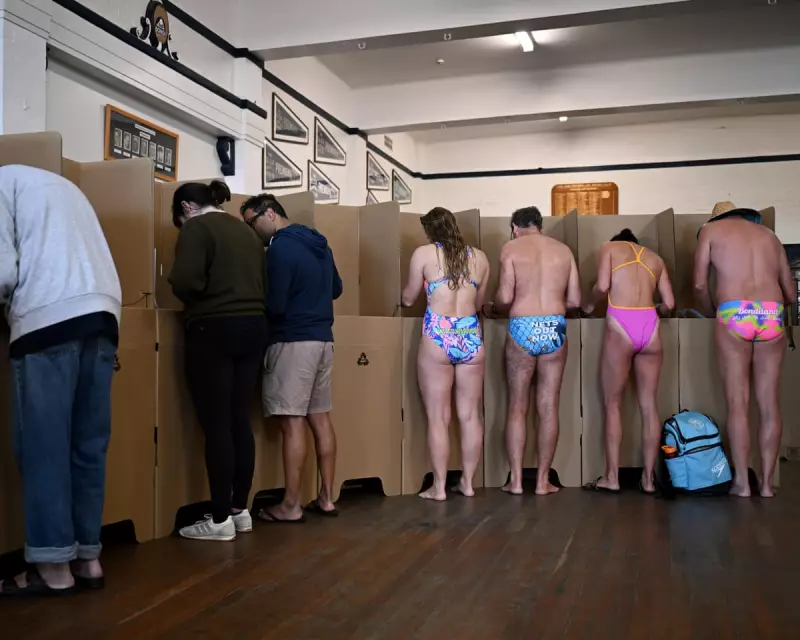
Australia is considering lowering the voting age to 16, but critics argue that without reinforcing civic education, this move could be misguided. While the idea aims to engage younger citizens in democracy, experts warn that simply granting voting rights without ensuring political literacy may do more harm than good.
The Risks of Lowering the Voting Age Without Preparation
Proponents of the change argue that 16-year-olds are capable of making informed decisions and deserve a say in policies that affect their future. However, opponents highlight that many young Australians lack basic civic knowledge, which could lead to uninformed voting or disengagement.
The Need for Stronger Civic Foundations
Before expanding suffrage, Australia must invest in robust civics programs in schools. Teaching young people about governance, political processes, and critical thinking is essential to ensure they participate meaningfully in elections.
Lessons from Other Countries
Nations like Austria and Scotland, where 16-year-olds can vote, have seen mixed results. While youth turnout has been encouraging in some cases, others report superficial engagement driven by social trends rather than policy understanding.
A Balanced Approach
Instead of rushing to lower the voting age, Australia should first strengthen civic education. Combining voter eligibility with mandatory political literacy programs could create a more informed and engaged electorate.





